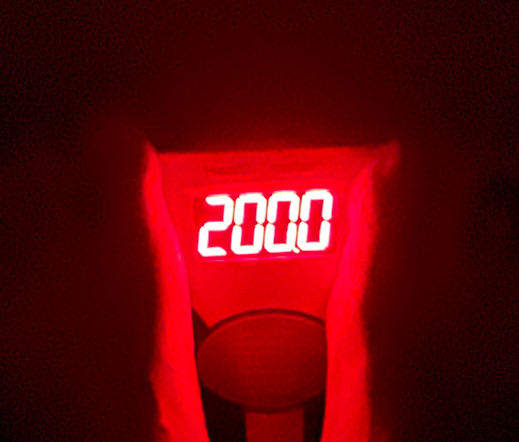
A paper combining Triglycerides/HDL-C and All Cause Mortality with dialysis patients --
This deserves a #ReadingThread... (at least between my calls and meetings today)...
This deserves a #ReadingThread... (at least between my calls and meetings today)...
https://twitter.com/raphaels7/status/1359092548439048194
"In fact, traditional CV [cardiovascular] risk factors, such as hypercholesterolemia and obesity, have not been found to be reliable predictors of mortality risk in these patients..."
"... as previous studies have shown these factors are paradoxically associated with better survival in the hemodialysis population."
"More recent studies have found that combination of high TG and low HDL-C in the form of a ratio, and its use as a single marker has greater predictive value for detecting the risk of CV disease when compared with each of those individual markers alone."
"Moreover, serum triglyceride/HDL cholesterol (TG/HDL-C) ratio can be a good predictor of risk for the occurrence of nonfatal CV events (14–16), CV death (17,18), and all-cause mortality (19,20) among healthy individuals and those with a wide range of CV risk factors."
Uh oh... "However, there is a growing body of evidence indicating that postprandial TG levels are important predictors of CV disease and mortality (23-25)"
Okay, so I have to pause to emphasize to everyone on low carb why this is problematic...
Okay, so I have to pause to emphasize to everyone on low carb why this is problematic...
This metric at looking to postprandial triglyceride levels are going to apply to us differently when compared to a typical mixed-diet population. Exactly how much and in what ways are going to take some time to study and understand....
... But I can confidently say the physiology where fat adapted is going to be different -- and probably in substantial ways given we're consuming less carbs, thus potentially less bolus insulin response (on net), and literally installing more TG via intestine-dev Chylomicrons...
... This would be like looking at super low insulin levels of a LMHR and concluding they have Type 1 Diabetes in spite of excellent glucose homeostasis. For some limited data on this, particularly with even overnight-into-morning levels, see cholesterolcode.com/triglyceride-c…
Interesting 👉"We have previously shown that the association of serum TG and HDL-C levels with outcomes in patients on maintenance hemodialysis (MHD) does not follow the pattern observed in the general population, and in a subset of patients can be paradoxic to what is expected."
"In contrast to the association between TG/HDL-C ratio and mortality that is seen in the general population, higher TG/HDL-C ratio was associated with better survival in patients on incident hemodialysis."
Discussion section gets interesting in exploring many possibilites.. "In fact, a study in a cohort of Japanese patients on MHD found that higher HDL-C concentrations were associated with higher levels of oxidized HDL-C, which were also associated with increased CV mortality (49)"
"The same concept can be applied to TG and TG-rich lipoproteins because serum TG levels do not reflect the qualitative characteristics of the TG-carrying lipoproteins..."
"... Therefore, it is possible that the make-up or nature of a particular lipoprotein is much more important than its quantity in determining its effect on CV disease and mortality."
I'm sure we all know where I stand on this, of course. ;)
I'm sure we all know where I stand on this, of course. ;)
Incredibly happy to be reading these words.
"... it is also possible that lower TG/HDL-C ratio is not a cause but a consequence of underlying conditions.."
Yes yes yes!
"... it is also possible that lower TG/HDL-C ratio is not a cause but a consequence of underlying conditions.."
Yes yes yes!

• • •
Missing some Tweet in this thread? You can try to
force a refresh








